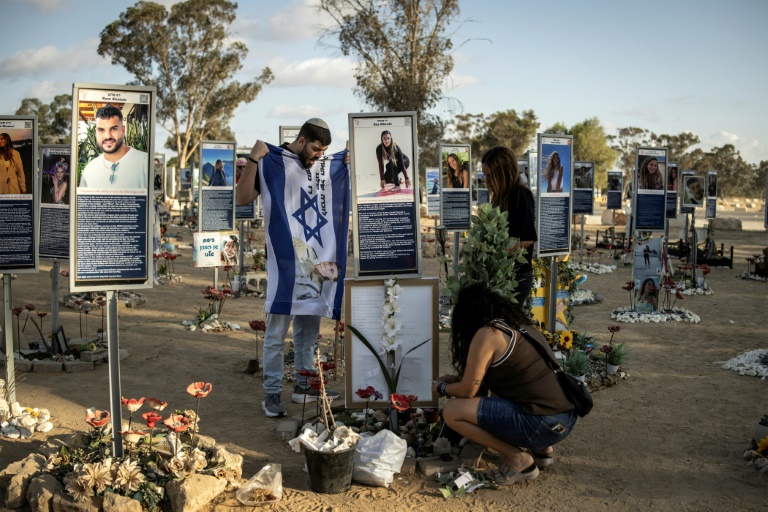
UPDATE: As Israel commemorates the second anniversary of the October 7, 2023 attack, urgent negotiations are underway to end the ongoing war in Gaza. Hamas and Israeli representatives are engaged in indirect talks in Sharm El-Sheikh, Egypt, following a proposed peace plan by U.S. President Donald Trump. This critical moment comes just as memorial events are being held across Israel to honor the nearly 1,219 individuals who lost their lives during the initial assault.
Two years ago, at the conclusion of the Jewish festival of Sukkot, Hamas militants executed a surprise attack, resulting in the deadliest day in Israel’s history. The attack involved breaches of the Gaza-Israel border and targeted southern Israeli communities, including a music festival, with gunfire and rockets. The horrific incident also led to the abduction of 251 hostages, with 47 still held captive, including 25 confirmed deceased by Israeli military sources.
Memorial gatherings are taking place today, particularly at the Nova music festival site, where over 370 people were killed. “It was a very difficult and enormous incident that happened here,” stated Elad Gancz, a teacher mourning the losses. The call for remembrance underscores the deep emotional scars left by the conflict.
In tandem, Israel’s military campaign in Gaza persists, with devastating consequences. The Hamas-run health ministry reports at least 67,160 deaths in Gaza, a figure the United Nations considers credible. Many of the casualties are women and children, amid widespread destruction of homes, hospitals, and schools. Displaced Gazans are now living in overcrowded camps, lacking basic necessities.
“I can’t wait for a ceasefire to be announced,” said Hanan Mohammed, a displaced resident from Jabalia. “There is nothing left but destruction.”
Recent surveys reveal that 72 percent of the Israeli public are dissatisfied with their government’s handling of the war, indicating significant domestic pressure for a resolution. International scrutiny is mounting, with a UN investigation last month accusing Israel of genocide in Gaza and rights groups alleging war crimes by Hamas during the October 7 attack, both sides vehemently deny these accusations.
The indirect negotiations began on October 6, coinciding with the anniversary, focusing on creating conditions for a potential hostage exchange under Trump’s plan, which calls for a ceasefire contingent on the release of all hostages and the disarmament of Hamas. Trump emphasized the need for expediency, stating, “I think we’re very, very close to having a deal… it’s pretty amazing actually.”
Despite both sides expressing tentative support for Trump’s proposal, achieving a comprehensive agreement is expected to be challenging. Previous ceasefires allowed for the release of some hostages but were short-lived. Israeli military chief Lieutenant General Eyal Zamir warned that failure in negotiations would result in a return to active military operations in Gaza.
As these developments unfold, the world watches closely, hoping for a breakthrough that could bring an end to the devastating conflict that has left countless lives shattered.







